4 Cybersecurity Terms and Tools You Should Know
Cybersecurity education is more important than ever during the holiday season. It is prime time for scammers to attack and steal your personal information (and your members’). Prevention starts with educating yourself, so here are some key terms and tools you should know!
2FA/Multifactor Authentication. Two-factor authentication (2FA) or multifactor authentication is essentially an added layer of security. It verifies that the person who is trying to log in is the right person. After you enter your username and password, you’ll be prompted with some other form of verification. This could be a pin, a link sent to another device, a security question, etc. When 2FA is available, you should always set it up to protect your accounts.
Password Manager. A password manager securely stores your passwords and allows you to create unique, strong passwords for all of your accounts. This allows you to create different passwords for each account without having to remember them all. The more unique your passwords are, the more protected your accounts will be from attacks. It also prevents hackers from accessing all of your accounts with one password.
Anti-Malware Software. Anti-malware is a software program that protects IT systems and computers from malware. Malware is software designed to gain unauthorized access to a computer system. Anti-malware scans prevent, detect, and remove malicious software. Installing this anti-malware is a great way to avoid a breach.
Firewall. A firewall blocks unauthorized access by monitoring incoming and outgoing network traffic. It will only permit data based on a set of security rules. Configuring a firewall on your computer will help block hackers from accessing your device and information.
Protect yourself, your employees, and your members by stepping up your cybersecurity game this season. Need some help in ensuring your credit union is safe from attacks? #StayReady and #SecureEverything with the ultimate secret weapon, CYBERCOMMANDER.



